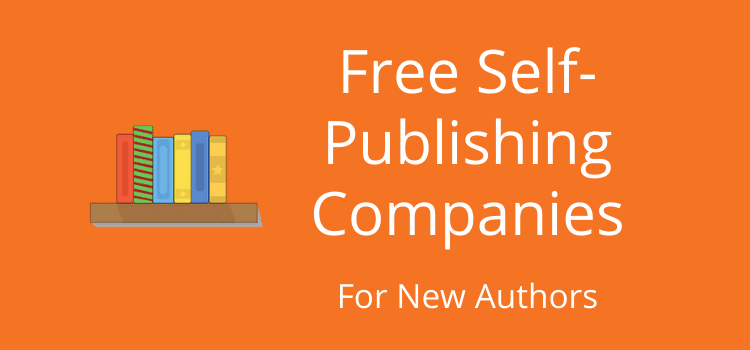The Rise of Self-Publishing Companies: Empowering Authors in the Digital Age
In the past, aspiring authors faced numerous obstacles on their journey to publication. Traditional publishing houses acted as gatekeepers, determining which manuscripts were worthy of print and which were not. However, with the advent of self-publishing companies, the landscape of the publishing industry has undergone a remarkable transformation, offering authors newfound freedom and opportunities to share their stories with the world.
What are Self-Publishing Companies?
Self-publishing companies, also known as vanity publishers or assisted self-publishing services, provide authors with the tools, resources, and support needed to publish their self publishing companies work independently. Unlike traditional publishing houses, which typically require authors to go through a rigorous submission and selection process, self-publishing companies offer a more accessible route to publication.

How Do Self-Publishing Companies Work?
Self-publishing companies offer a range of services to authors, including manuscript formatting, cover design, editing, distribution, and marketing assistance. Authors retain full creative control over their work and are responsible for covering the costs associated with publishing. In return, they receive a greater share of royalties from book sales compared to traditional publishing contracts.
Advantages of Self-Publishing Companies
- Control: One of the primary advantages of self-publishing companies is the level of control they afford authors. From cover design to pricing decisions, authors have the final say in every aspect of the publishing process.
- Speed: Traditional publishing can be a lengthy process, often taking months or even years from manuscript submission to publication. Self-publishing companies, on the other hand, offer much quicker turnaround times, allowing authors to bring their work to market in a fraction of the time.
- Global Reach: With the rise of digital publishing platforms and print-on-demand services, self-published books can reach readers all over the world. Authors no longer need to rely on traditional distribution channels to make their work available to a wide audience.
- Higher Royalties: In traditional publishing contracts, authors typically receive royalties ranging from 7% to 25% of net sales. Self-publishing companies offer authors a much higher percentage of royalties, often ranging from 35% to 70%, depending on the distribution channel.
- Flexibility: Self-publishing companies cater to authors of all genres and backgrounds, allowing for greater diversity in the types of stories being published. Whether it’s fiction, non-fiction, poetry, or children’s books, there is a self-publishing option available for every author.
Challenges of Self-Publishing Companies
While self-publishing companies offer numerous benefits, they also present certain challenges for authors to navigate:
- Quality Control: Without the oversight of traditional publishing houses, self-published books may vary widely in terms of quality. Authors must take extra care to ensure that their work is professionally edited, formatted, and designed to compete in the marketplace.
- Marketing and Promotion: While self-publishing companies may offer marketing and promotional services, authors are ultimately responsible for driving sales and building their audience. This requires a significant investment of time and effort in networking, social media marketing, and other promotional activities.
- Distribution: While digital distribution platforms have made it easier than ever to publish and distribute books globally, securing placement in brick-and-mortar bookstores can still be challenging for self-published authors.
- Stigma: Despite the growing acceptance of self-publishing within the industry, some authors still face stigma and prejudice from readers, reviewers, and even other authors. Overcoming this stigma requires authors to produce high-quality work and actively engage with their audience to build credibility and trust.
Conclusion
Self-publishing companies have democratized the publishing industry, empowering authors to bring their stories to life on their own terms. With greater control, flexibility, and opportunities for profit, self-publishing offers a viable alternative to traditional publishing for authors seeking creative independence and financial success. As the industry continues to evolve, self-publishing companies are likely to play an increasingly prominent role in shaping the future of literature.
Categories: Locksmith
